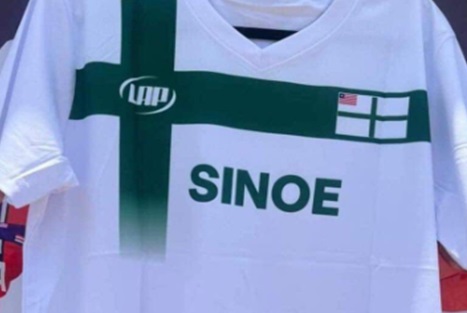In a recent rejoinder to Senator Amara Konneh’s opinion on the suspension of the US$0.20 cents surcharge by President Boakai, Amos Tweh, Managing Director of Liberia Petroleum Refinery Corporation (LPRC), sought to clarify the impacts and intentions behind the Executive Order #128.
Tweh began by emphasizing that his disagreement with Senator Konneh’s critique is not an attack but rather a healthy discourse intended to provide the public with alternative policy perspectives. He highlighted that while the Senator has the right to free speech and criticism, the LPRC also reserves the right to offer its disagreements where necessary.
Context and Policy Objective
Tweh provided a snapshot of the global petroleum market prices when President Boakai took office in January 2024, noting significant increases since then. He further explained that the surcharge/excise tax was introduced to cushion citizens from petroleum price increases and stabilize prices during decreases.
Impact of the Surcharge Suspension
Tweh pointed out that the surge in global petroleum prices due to geopolitical tensions and OPEC production cuts adversely impacted Liberia’s pump prices. However, the Executive Order #128 helped to mitigate the effects by reducing the surcharge by US$0.20 cents.
In addition to the surcharge suspension, the LPRC Board took proactive measures to reduce storage costs by US$0.5 cents and financing costs by 2%. These decisions, though impacting revenue, complemented the President’s action and helped maintain price stability.
Economic and Social Considerations
Tweh emphasized the importance of balancing revenue generation with the negative impacts on citizens and the economy. He argued that increasing pump prices would have far-reaching implications on livelihoods, including healthcare, transportation, and food costs.
Comparative Analysis with Neighboring Countries
Tweh highlighted that while governments in neighboring countries have taken similar measures, pump prices are still increasing across the region. In contrast, Liberia has reduced the pump price of PMS by US$0.05 cents.
Clarification on Oil Pricing Benchmarks
Responding to Senator Konneh’s reference to Dubai Crude Oil Platts, Tweh clarified that the North Sea Brent Crude is the main benchmark used to assess oil prices in Africa. He provided updated figures to support this claim.
Petroleum Pricing Structure
Tweh attached a detailed petroleum pricing structure, explaining various figures and adjustments made to the pump price. He stressed that the suspension of the surcharge will be reinstated once petroleum prices normalize.
Conclusion
In conclusion, Tweh maintained that the President’s decision to suspend the surcharge was wise, timely, and in the best interest of the people. He urged stakeholders to consider the broader economic and social implications when evaluating the impacts of such policy decisions.







